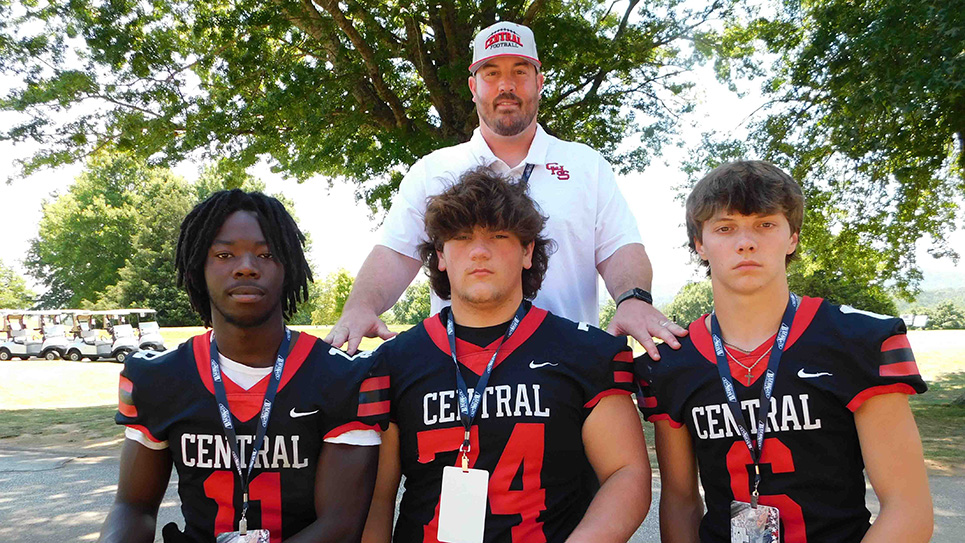Everyone invited to this free, family-oriented event
 On Saturday, Oct. 26, the University of Tennessee Arboretum Society will present the annual Owl Prowl at the UT Arboretum. The free family event will begin at 6:30 p.m. at the arboretum’s program shelter.
On Saturday, Oct. 26, the University of Tennessee Arboretum Society will present the annual Owl Prowl at the UT Arboretum. The free family event will begin at 6:30 p.m. at the arboretum’s program shelter.
A program presented by the Clinch River Raptor Center will feature owls found in East Tennessee. Kathy Strunk and Katie Cottrell will bring live birds for display and will give information about their natural history.
The Raptor Center was started by John Byrd 28 years ago at Clinton Middle School. To this date 2,090 birds have come to the Raptor Center to be rehabilitated. Strunk and Cottrell have shared the responsibility of co-directors of the Raptor Center for more than 25 years and have given hundreds of programs in East Tennessee on birds of prey.
The initial program will be followed by walks on the grounds of the arboretum led by Strunk, Cottrell and Byrd with the goal of hearing some owls. Those who prefer to stay at the shelter will have an opportunity to visit with the center’s educational owls. Participants are encouraged to bring flash lights if they plan to participate in the “owl prowl.”
The UT Arboretum is located at 901 S. Illinois Ave. (Hwy 62) in Oak Ridge and participants will be able to drive up to the program shelter. For more information, call 865-483-3571.
The UT Arboretum Society is a non-profit organization dedicated to furthering the objectives and programs of the University of Tennessee Forest Resources AgResearch and Education Center’s 250-acre arboretum in Oak Ridge. To learn more go online to www.utarboretumsociety.org.
The UT Arboretum and the Forest Resources AgResearch andEducationCenter are outdoor demonstrations and laboratories operated by UT AgResearch, a division of the University of Tennessee Institute of Agriculture. In addition to its agricultural research programs, the UT Institute of Agriculture also provides instruction, research and public service through the UT College of Agricultural Sciences and Natural Resources, the UT College of Veterinary Medicine, and UT Extension offices in every county in the state.






